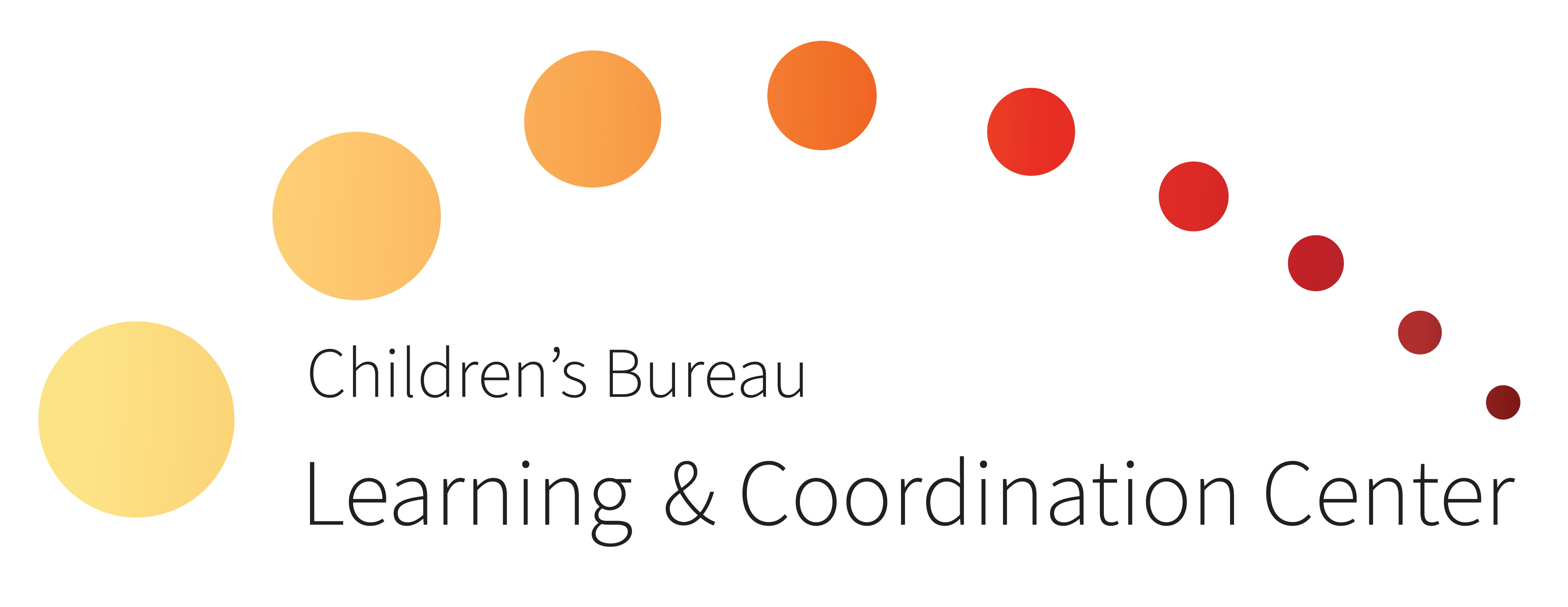- Home
- •
- Topic Areas
- •
- Equity
Equity
In this innovation stream we will be looking at populations over-represented in child welfare, looking at bias and unequal treatment in child welfare systems, and exploring strategies for bringing a focus on equity to our work.
Featured Resources

Race Equity Challenge
Across America, we are experiencing a long overdue reckoning with racism and inequity. Child welfare is no exception. This 21-Day Race Equity Challenge is designed to support those in child welfare who want to engage more deeply in race and equity issues and how they play out in our practice area.

All Children—All Families: Improving Practice For and With LGBTQ+ Youth and Families
The Human Rights Campaign is working with hundreds of child welfare systems across the nation to build new and inclusive practices for LGBTQ+ youth and families. Learn more about the effective innovations being put into practice and tools you can use to shift practice in your own program and system. (47:11)

Redressing the Wrongs of History
Child welfare in the states can help to redress the wrongs of history by taking action and implementing the Indian Children Welfare Act (ICWA) effectively. (46:20)
Complete List of Resources
Videos and Social Media
- NEWSocial Media Resources for LGBTQIA2S+ Pride Month
To raise awareness around LGBTQIA2S+ Pride Month, CBLCC developed several captivating social media messages to use in your own e-mails, newsletters, presentations, or other tools, or share directly to your Facebook page. - Race Equity within Our Prevention Work
This recording from National Child Abuse Prevention Month 2021 highlights a range of voices focusing on how we put a greater focus on race and equity in child abuse and neglect prevention efforts.
Tools and Tipsheets
- NewRace Equity Challenge
Across America, we are experiencing a long overdue reckoning with racism and inequity. Child welfare is no exception. The Race Equity Challenge is designed to support those in child welfare who want to engage more deeply in race and equity issues and how they play out in our practice area.
Digital Dialogue Recordings
- NewRedressing the Wrongs of History
Child welfare in the states can help to redress the wrongs of history by taking action and implementing the Indian Children Welfare Act (ICWA) effectively. - Addressing the Systemic Inequities that Stand in the Way of Children's Well-Being
Iheoma Iruka talks with us about systemic inequities impact young children and their families and how these inequities often become compounded once they enter our early childhood and child welfare systems. - There's no Place like Home: Youth Acceptance Project
The Youth Acceptance Project uses a trauma-informed psycho-educational model to address the misinformation, resistance, fear, and grief with which families often struggle, reducing the time that children spend in foster care, reuniting children with their families and, in many cases, preventing separation in the first place. - All Children—All Families: Improving Practice For and With LGBTQ+ Youth and Families
The Human Rights Campaign is working with hundreds of child welfare systems across the nation to build new and inclusive practices for LGBTQ+ youth and families. Learn more about the effective innovations being put into practice and tools you can use to shift practice in your own program and system.
External Resources
Partners
- NCCWI Racial Equity Resources
National Child Welfare Workforce Institute (NCWWI)
This list of resources supports child welfare staff and leaders as they confront implicit bias, implement system changes, and work to achieve racial equity within their organizations and across systems. - Racial Equity Resources for Child Welfare Professionals
Child Welfare Information Gateway
Resources to support child welfare and related professionals in recognizing individual biases and dismantling systemic racism. - Resources for Culturally Effective Organizations
FRIENDS NRC
Resources to help organizations to meet their responsibility to promote optimal outcomes for all children and families by ensuring services are culturally appropriate and prioritize equity.

